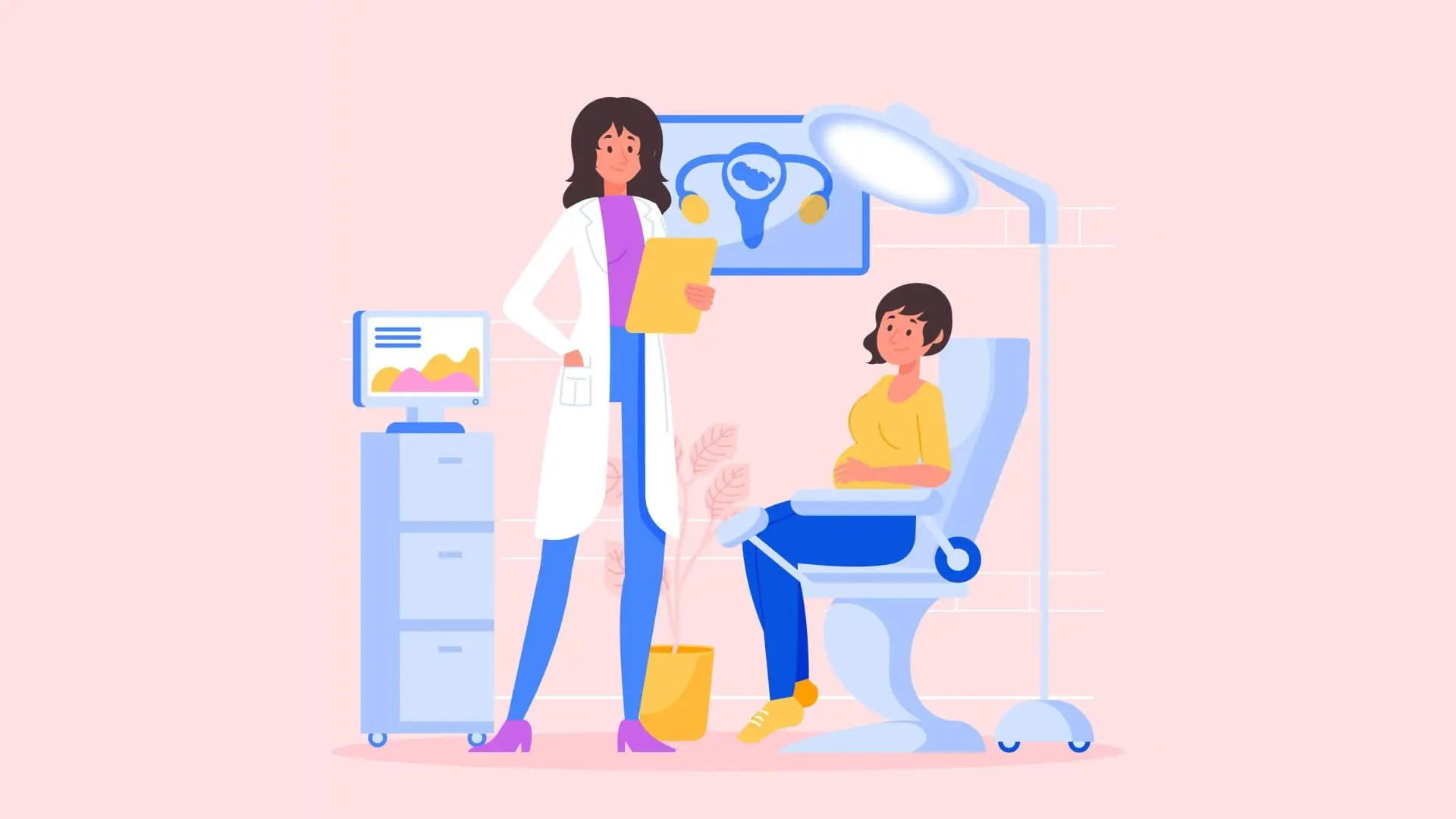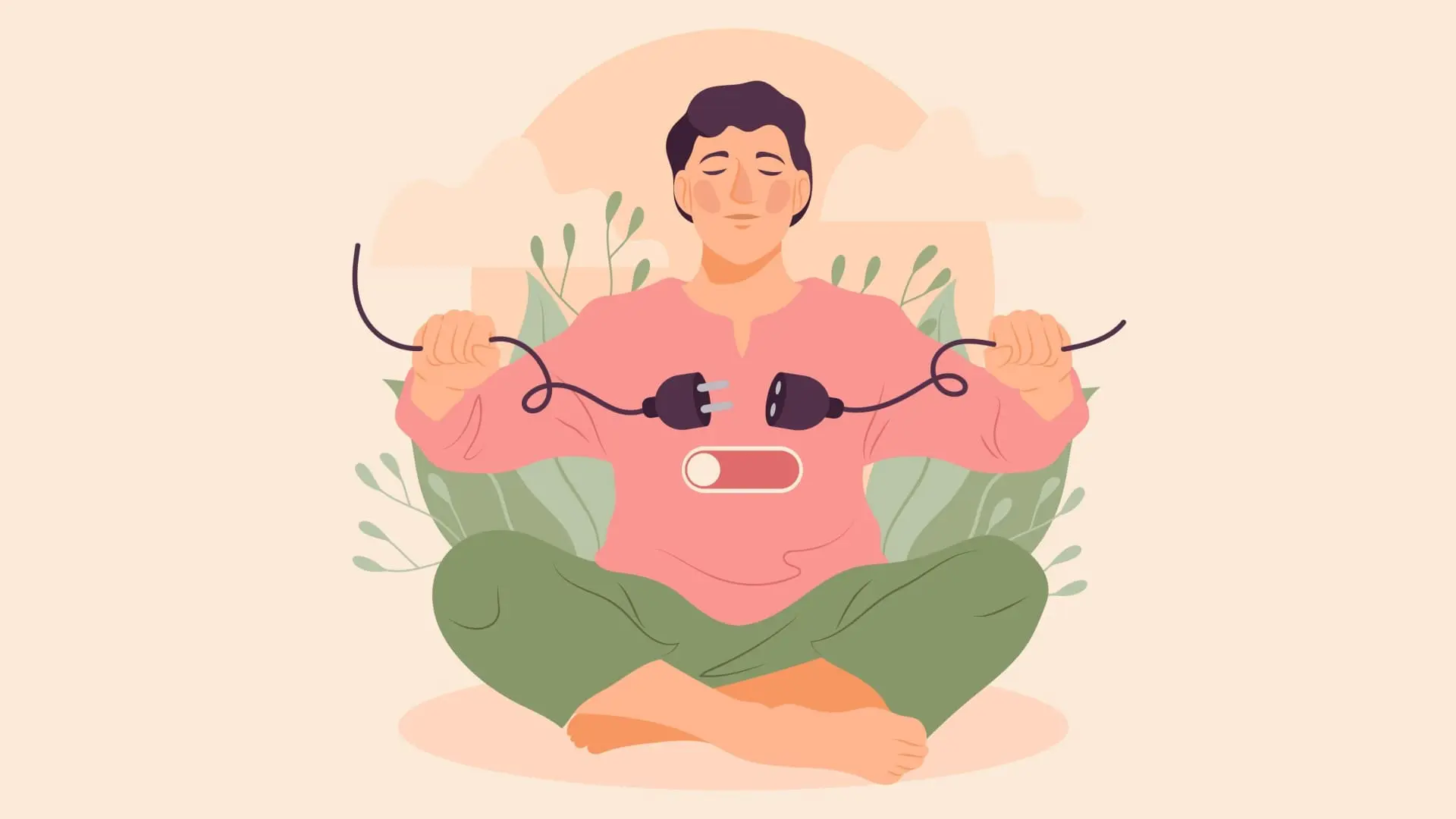Crack open a new debate because scientists have whisked together some enlightening insights on one of breakfast’s most beloved staples: the egg. Yep, this research is freshly sourced from the credible National Center for Biotechnology Information (NCBI), and it’s about to spill the yolk on everything you want to know about eating eggs.
From sunny side ups to the intricate art of poaching, eggs have been both championed and criticized for their health implications. But fear not, dear reader, for we are about to embark on an egg-sploration of their health benefits and risks, complete with a sprinkle of humor and a dash of wit. Let’s get cracking!
What’s So Egg-citing: Health Benefits of Eating Eggs
Eggs: The Nutrient Powerhouses
Consider this: eggs are like nature’s multivitamin. Packed with high-quality protein, essential vitamins like B12, D, and minerals such as selenium and zinc, these little shells hold a bounty of nutrients. It’s no wonder they’re such a staple in diets around the globe.
But wait, there’s more—eggs also contain lutein and zeaxanthin, which sound like superhero names for a reason. These antioxidants help with eye health and have been shown to reduce the risk of cataracts and age-related macular degeneration. So, next time you’re whipping up an omelet, know that your eyes are saying “thank you!”
Choline: The Brain Booster
Here’s a yolker: did you know that eggs are one of the best sources of choline? This underappreciated nutrient is crucial for brain health. Think of choline as the personal trainer for your memory and cognitive function. High-fives all around for that morning scramble! With a single egg providing about 147 mg of choline, getting your daily dose has never been easier—or tastier.
The Not-So-Sunny Side: Risks of Eating Eggs
Cholesterol Concerns: The Foe in the Yolk?
Alright, here comes the not-so-sunny side. Eggs, particularly the yolks, have faced a lot of flak for their cholesterol content. One large egg yolk contains around 186 mg of dietary cholesterol, which is a significant chunk of the recommended daily limit.
However, modern science is flipping the script, showing that for most people, dietary cholesterol doesn’t directly translate to higher cholesterol levels in the blood. In fact, it’s the saturated and trans fats in your diet that play a much bigger role in raising blood cholesterol. So, unless your doctor advises otherwise, don’t be too quick to ditch the yolk.
Risk Factors: Who Should Be Careful?
Though eggs are nutritional powerhouses, not everyone should be munching on them daily. Those with certain conditions like diabetes and hypercholesterolemia need to heed caution. Some studies suggest an increased risk of heart disease when these individuals consume eggs regularly. So, if you fit the bill, consult your healthcare provider to determine the best dietary approach for you.
The Balance: To Eat or Not To Eat Eggs?
Portion Control is Key
Like all good things in life, moderation is key. While eggs are nutrient-dense and beneficial for many, overindulgence can tip the scales toward health risks, particularly for those at risk of cardiovascular concerns. Balance your plate with other lean proteins, veggies, and whole grains to make sure you’re not putting all your eggs in one basket (literally).
Cooking Methods Matter
How you cook your eggs can make a world of difference too. Boiling, poaching, and scrambling are healthier methods compared to frying them in butter or oil, which can introduce unwanted calories and fats. So, stick to heart-healthy methods to truly make the most of your eggcellent choice.
Conclusion
In the grand omelet of life, eggs offer a stellar blend of essential nutrients, especially for those of us keen on keeping our eyes sharp, brains brawny, and muscles mighty. However, mindful consumption and smart cooking methods are the golden rules to reaping the best benefits without the risk of an egg-pocalypse on your health.
So, whether you’re team sunny-side-up or a scrambled-supporter, remember that to eat smarter is to live longer. After all, who wouldn’t want to savor a life filled with egg-citement and health harmony?
Next time someone tells you eggs are bad for you, just crack a smile and serve them a slice of this knowledge omelet. Here’s to healthier choices, happier mornings, and the humble egg—a simple food with a rather grand story to tell. Bon appétit and stay egg-cellent!




